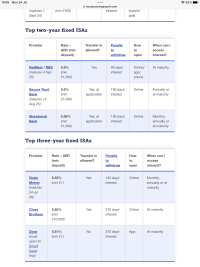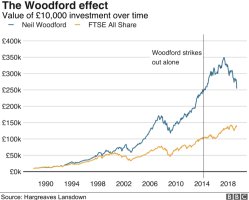G
GrumpyGranddad
Guest User
A travelling salesman arrives at a small hotel in a village in Germany looking for a room for one night but says, depending on a meeting he has, he may not need it. The owner advised him that to secure the room he would need to leave a refundable €100 deposit, which he did.
With €100 in his pocket the hotel manager decided to go to the butchers shop and pay off the outstanding €100 on his account. The butcher with €100 now in his pocket decided to settle his outstanding bar bill at the local tavern. The owner of the tavern decided to take the €100 to the bookmaker and pay off his gambling debt. With the €100 the bookie decided to pay the local hooker for the fun he’d had with her last night. The lady of the night wasted no time and went to the hotel to pay for the room she rents by the hour, which after several clients had reached €100.
The travelling salesman returned to the hotel and apologised to the manager that he didn’t need the room after all. The manager returned the €100 deposit to him.
The entire village was now debt free.
With €100 in his pocket the hotel manager decided to go to the butchers shop and pay off the outstanding €100 on his account. The butcher with €100 now in his pocket decided to settle his outstanding bar bill at the local tavern. The owner of the tavern decided to take the €100 to the bookmaker and pay off his gambling debt. With the €100 the bookie decided to pay the local hooker for the fun he’d had with her last night. The lady of the night wasted no time and went to the hotel to pay for the room she rents by the hour, which after several clients had reached €100.
The travelling salesman returned to the hotel and apologised to the manager that he didn’t need the room after all. The manager returned the €100 deposit to him.
The entire village was now debt free.




 is an excellent preservative.
is an excellent preservative.













